11, February 2024
Olembe tragedy families invited to AFCON final 0
Families of the victims of the Stade d’Olembe tragedy that took place during the last Africa Cup of Nations in Yaounde, Cameroon, have been invited to Sunday’s final in Abidjan, according to Confederation of African Football (CAF) president Patrice Motsepe during an address to review the ongoing AFCON.
At least eight people were killed and 38 were injured, seven seriously, in a crush that took place at the stadium before a round of 16 match between hosts Cameroon and Comoros during the last edition of the biennial continental competition on Jan. 24 2022.
It was determined that a “massive and late influx of supporters … caused the crush,” according to a government report, with security forces opening a gate outside the stadium to ease the over-crowding, which subsequently led to the tragedy.
“Some of the [victims’] family members from Cameroon are invited [to the AFCON final],” Motsepe began, “and will be with us here in Cote d’Ivoire.
“We visited each of their houses, met with their families, and expressed our condolences.”
Motsepe expressed confidence before the tournament began that measures in place around stadiums across the Ivory Coast would prevent a repeat incident during the ongoing tournament.
“The day after the final in Cameroon, we were in Cote d’Ivoire already to prepare for this following AFCON,” he added. “We had to identify what our failures and weaknesses were, and what the things were in Cameroon we had to improve.
“I’m happy that there’s been specific improvement, but despite all the precautionary measures you can take, there will always be unforeseen events. When you’re better prepared, you have a much better propensity to deal with these consequences.”
With the Ivorian government investing around $1.5 billion in tournament infrastructure, there has been no repeat of supporter deaths at the continent’s premier football event to date.
However, it hasn’t been an entirely smooth competition, with injuries suffered by media professionals travelling in a shuttle bus between Yamoussoukro and Abidjan one notable example.
For Motsepe, broadcast consistency, ticket sales and transport between the tournament venues are three clear areas of improvement that provide learnings from this year’s competition for future editions to come.
“We could have sold 150,000 tickets for the opening match, but there were empty seats,” the South African billionaire recalled. “My sponsors want to see value, and we want them to put more money in for the continent’s football development.
“Empty seats are not good for African people, but people bought up many tickets and then sold them at extortionate prices. This is one area that needs to improve.
“The broadcast of the game between Senegal and the Gambia was partly interrupted, and we can’t have that — there must be zero tolerance for any interruption or interference with the broadcast.
“There was also an instance where there was a [road] accident and our advice wasn’t followed.”
Despite these problems, Motsepe expressed his broader confidence that the tournament had been an overwhelming success, and a valuable testament to the state of African football under his premiership.
“This AFCON has been excellent, the best AFCON in the history of the competition,” he concluded. “We’ve had more than 180 countries worldwide, close to two billion people watching the football in Africa, and we should feel proud as Africans that we can produce such an exceptional competition.
“The next one must be even better, and the next one even better.”
Source: ESPN
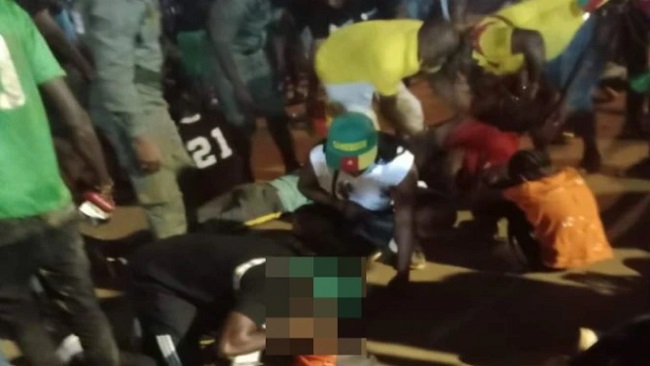
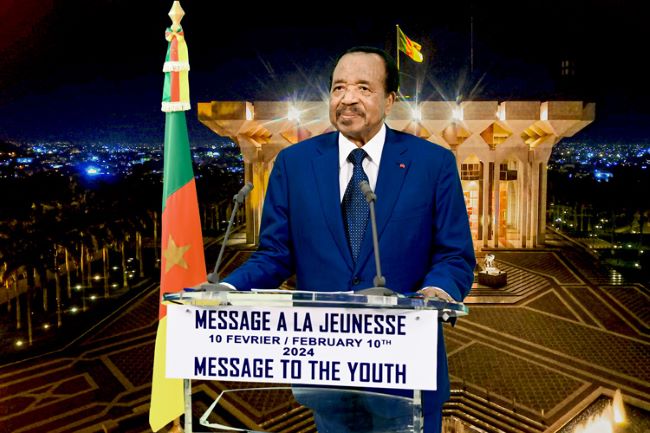
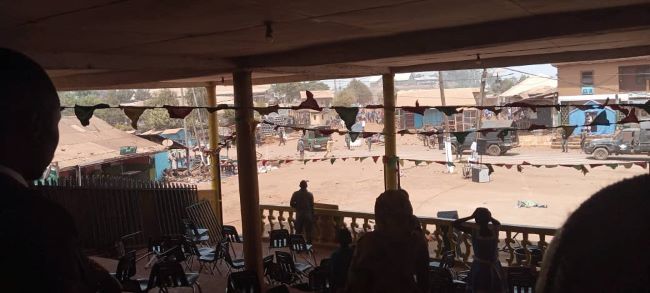
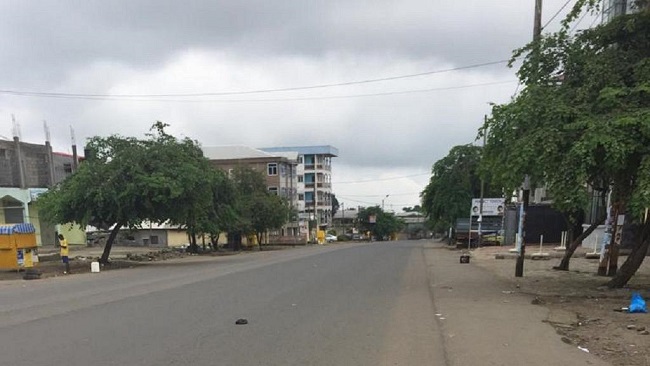
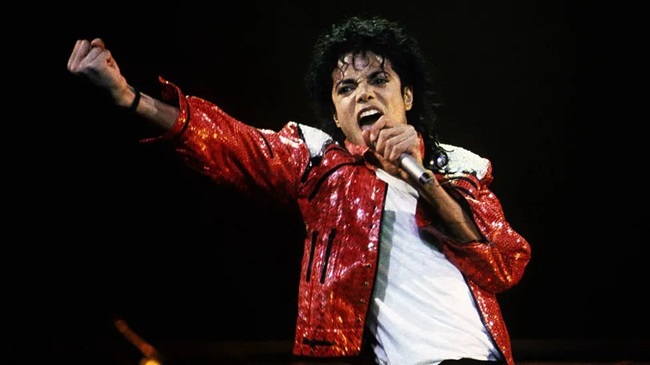
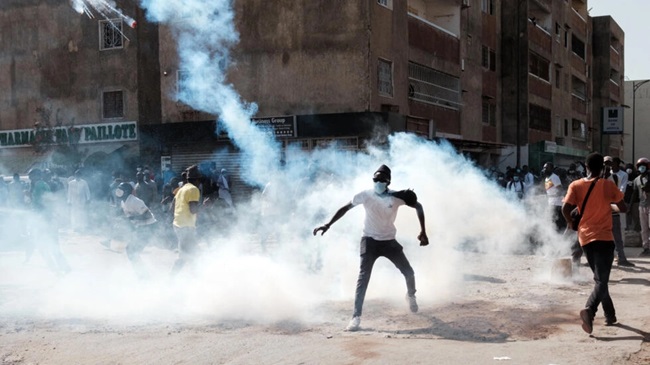
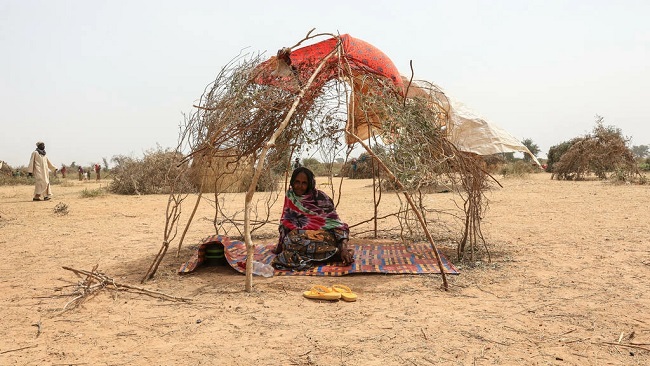
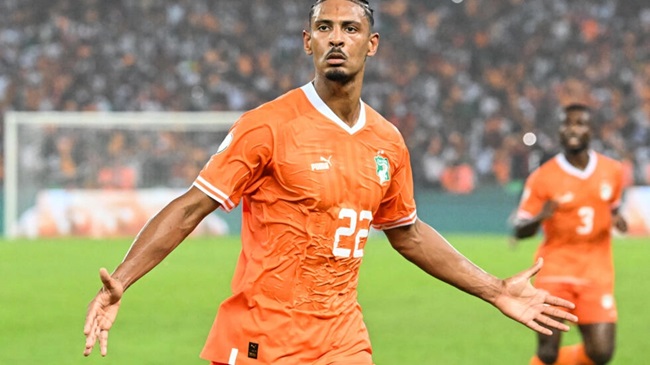


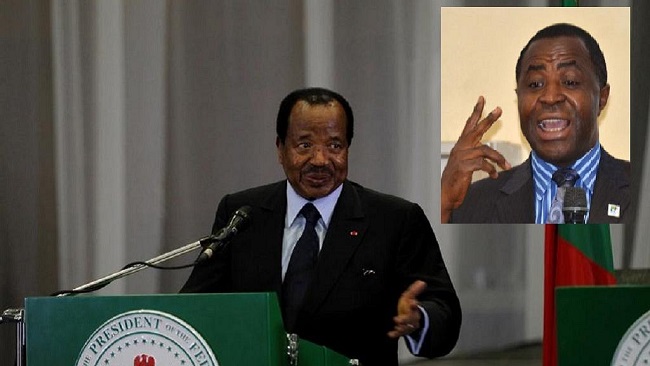

















12, February 2024
Haller’s late goal seals Ivory Coast’s 2-1 win over Nigeria in AFCON final 0
Sebastien Haller scored a dramatic late winner as hosts Ivory Coast fought back to beat Victor Osimhen’s Nigeria 2-1 in Sunday’s Africa Cup of Nations final and complete the most remarkable of major tournament turnarounds by claiming their third continental title.
Nigeria looked set to repeat their 1-0 victory over the Ivorians here at the Ebimpe Olympic Stadium during the group stage when captain William Troost-Ekong — who had netted a penalty to decide that first meeting — rose to head in the opener late in the first half.
However, Franck Kessie equalised just after the hour mark and Haller turned in Simon Adingra’s cross in the 81st minute to spark wild celebrations among the sea of orange in the Abidjan stands.
Ivory Coast’s success sees them add this year’s title to those claimed in 1992 and 2015, while this win also allows them to join Nigeria on three Cup of Nations triumphs overall.
Only Egypt, Cameroon and Ghana have won the title more often, with the Super Eagles squandering the opportunity to match their Ghanaian rivals on four victories.
Spearheaded by reigning African player of the year Osimhen, the Nigerians had looked the most formidable team in the competition over the last month.
But Ivory Coast’s sense of destiny was simply too overpowering, as they became the first host country to win the AFCON since 2006.
Didier Drogba captained the Elephants team that lost on penalties to Egypt in Cairo in that final 18 years ago, while this time he was among the spectators to witness a stunning victory for his country.
Back from the brink
It is an incredible achievement for a side that was on the brink of elimination in the group stage after losing 4-0 to Equatorial Guinea on January 22.
That was their heaviest ever home defeat and the Ivorians then parted company with coach Jean-Louis Gasset, replacing him with Emerse Fae, a teammate of Drogba’s in 2006.
They then began a remarkable turnaround which saw them oust holders Senegal on penalties, beat Mali with a last-gasp goal in extra time, and edge out DR Congo with a Haller goal in the last four.
Their supporters packed out the stadium to its 60,000 capacity, with many fans having to watch the game from vantage points on stairways.
Anyone wanting to dampen the excitement levels might have pointed out that Cup of Nations finals tend to be low-scoring affairs.
There were just 10 goals scored in the last 11 finals, five of which were decided on penalties after a 0-0 stalemate.
Indeed, Ivory Coast’s four previous final appearances had all ended goalless before going to penalties, two of which they had won.
This looked set to be another nervy, low-scoring affair with chances few and far between early on.
However the home side then had a great chance on 34 minutes when Kessie found Adingra on the left and his shot was turned away by Nigerian goalkeeper Stanley Nwabali.
That proved crucial as Nigeria went ahead just four minutes later when Ademola Lookman’s corner from the left was touched on and Troost-Ekong headed in from the edge of the six-yard area.
Earlier in the tournament the Ivorians would have crumbled in such a scenario, but they deserve great credit for regrouping at the interval and throwing everything at Nigeria.
Max-Alain Gradel’s netbound shot was blocked in front of the line by Calvin Bassey five minutes after the restart, before Nwabali turned an Odilon Kossounou long-range piledriver around the post on 62 minutes.
They drew level from the corner which followed that, as Kessie — whose late penalty had rescued the hosts against Senegal in the last 16 — appeared at the back post to head into the net.
It seemed inevitable that a second Ivory Coast goal would follow and it duly did with nine minutes of the 90 to play as Haller got his studs to Adingra’s cross and diverted the ball into the far corner.
Behind for the first time since their opening match, Nigeria could not react, and Ivory Coast held on for victory.
Source: AFP